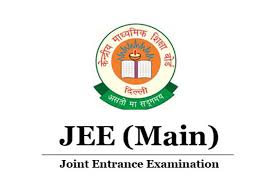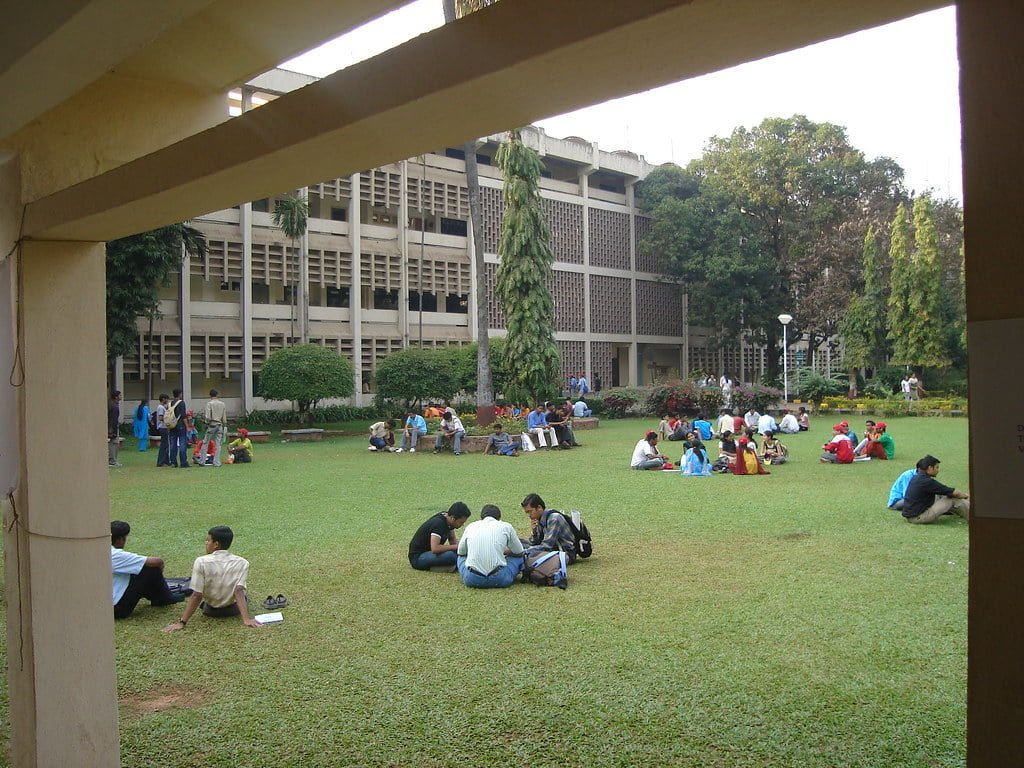Table of Contents
What is UGC (University Grants Commission)
The University Grants Commission (UGC) is a pivotal organization in the field of higher education in India. Established to oversee the maintenance of standards and the allocation of funds to universities and colleges, the UGC plays a crucial role in shaping the academic landscape of the country.
1. Introduction to UGC
The University Grants Commission (UGC) is a statutory body established by the Government of India in 1956. It operates under the Ministry of Education and is responsible for the coordination, determination, and maintenance of standards of higher education in India. The UGC provides recognition to universities and colleges, disburses funds to them, and ensures that they adhere to the guidelines set for quality education.
2. History of the University Grants Commission
The UGC was formally established on December 28, 1953, following the recommendations of the University Education Commission (1948-1949), chaired by Dr. S. Radhakrishnan. The commission emphasized the need for a central body to oversee the development of higher education in India. The UGC was given statutory status by an Act of Parliament in 1956, known as the University Grants Commission Act, 1956.
Since its inception, the UGC has been instrumental in promoting and coordinating university education, ensuring that institutions maintain high academic standards.
3. Objectives of the UGC
The primary objectives of the UGC include:
- Promoting and coordinating university education.
- Determining and maintaining standards of teaching, examination, and research in universities.
- Framing regulations on minimum standards of education.
- Disbursing grants to universities and colleges.
- Advising the Central and State Governments on measures necessary for the improvement of university education.
4. Functions and Responsibilities of the UGC
The UGC performs a wide range of functions to fulfill its objectives. These include:
a. Recognition of Universities and Colleges
The UGC grants recognition to universities and colleges that meet its standards. It also has the authority to withdraw recognition if institutions fail to comply with its guidelines.
b. Allocation of Funds
The UGC provides financial assistance to universities and colleges for their development, infrastructure, research, and other academic activities.
c. Maintenance of Standards
The UGC ensures that universities and colleges maintain the prescribed standards of education. It conducts inspections and audits to assess the quality of education and infrastructure.
d. Promotion of Research
The UGC encourages research in universities by providing grants and fellowships to researchers and faculty members.
e. Curriculum Development
The UGC plays a key role in updating and revising the curriculum to align with global standards and industry requirements.
f. Regulation of Distance Education
The UGC regulates distance education programs offered by universities to ensure quality and credibility.
5. UGC and Higher Education in India
The UGC has been a driving force behind the growth and development of higher education in India. It has facilitated the establishment of new universities and colleges, ensuring that education is accessible to students across the country. The UGC has also been instrumental in promoting interdisciplinary studies, innovation, and research.
a. Expansion of Higher Education
The UGC has played a significant role in expanding the reach of higher education in India. It has supported the establishment of central universities, state universities, and deemed-to-be universities.
b. Inclusive Education
The UGC has implemented various schemes to promote inclusive education, ensuring that students from marginalized communities have access to quality education.
c. International Collaboration
The UGC encourages Indian universities to collaborate with international institutions to enhance the quality of education and research.
6. UGC’s Role in Funding and Scholarships
One of the key responsibilities of the UGC is to allocate funds to universities and colleges. It provides grants for:
- Infrastructure development
- Faculty development programs
- Research projects
- Student scholarships and fellowships
The UGC also offers various scholarships to students, including:
- National Fellowship for Scheduled Caste (SC) Students
- Maulana Azad National Fellowship for Minority Students
- Post-Graduate Indira Gandhi Scholarship for Single Girl Child
These initiatives aim to support students financially and encourage them to pursue higher education.
7. UGC’s Regulatory Framework
The UGC operates under a well-defined regulatory framework to ensure transparency and accountability. It has established guidelines for:
- Accreditation: The UGC works with the National Assessment and Accreditation Council (NAAC) to assess and accredit institutions based on their performance.
- Anti-Ragging Measures: The UGC has implemented strict regulations to prevent ragging in educational institutions.
- Grievance Redressal: The UGC has set up mechanisms to address grievances of students and faculty members.
8. UGC’s Initiatives for Quality Education
The UGC has launched several initiatives to enhance the quality of higher education in India. Some of these include:
a. SWAYAM (Study Webs of Active Learning for Young Aspiring Minds)
SWAYAM is an online platform that offers free courses from school to post-graduation level. It aims to provide accessible and affordable education to all.
b. National Institutional Ranking Framework (NIRF)
The NIRF ranks higher education institutions in India based on parameters such as teaching, research, and outreach.
c. Paramarsh Scheme
This scheme aims to mentor institutions to achieve accreditation and improve their overall performance.
d. Global Initiative for Academic Networks (GIAN)
GIAN invites international faculty to teach in Indian institutions, promoting global collaboration.
9. Challenges Faced by the UGC
Despite its significant contributions, the UGC faces several challenges:
- Bureaucratic Delays: The UGC’s decision-making process is often slow, leading to delays in implementation.
- Quality Concerns: Ensuring consistent quality across a large number of institutions remains a challenge.
- Funding Constraints: Limited funding affects the UGC’s ability to support all institutions adequately.
- Regulatory Overlap: The UGC’s functions sometimes overlap with other regulatory bodies, leading to confusion.
10. Future of the UGC
The UGC is continuously evolving to meet the changing needs of higher education. Some potential future developments include:
- Digital Transformation: The UGC is likely to focus on digital initiatives to make education more accessible.
- Enhanced Research Funding: Increased funding for research and innovation is expected to be a priority.
- Global Partnerships: The UGC may strengthen its efforts to foster international collaborations.
- Policy Reforms: The UGC is expected to introduce reforms to address existing challenges and improve the quality of education.
Also, read about Employers Can Offer These Wellness Benefits To Retain Happy Employees
































What’s up everyone, it’s my first visit at this site, and paragraph is actually fruitful in favor of me, keep up posting
these types of articles or reviews.
Great post. I was checking constantly this weblog and I’m inspired!
Very useful information specifically the final part 🙂 I take care of such info
much. I used to be seeking this particular info for a very long time.
Thanks and good luck.
Usually I don’t read post on blogs, however I
would like to say that this write-up very pressured me to check out and do so!
Your writing taste has been amazed me. Thank you, very
nice post.
Do you have a spam problem on this website; I also am
a blogger, and I was curious about your situation; many of us have created some nice methods and we are looking to swap methods
with others, please shoot me an email if interested.
It’s actually very complicated in this active life to listen news on TV,
so I only use web for that reason, and get the most up-to-date information.
Highly descriptive blog, I liked that a lot. Will there be a part 2?
It’s going to be ending of mine day, except before finish I am reading this impressive post to increase my know-how.
I really like it when folks come together and share
views. Great site, stick with it!
I really like your blog.. very nice colors & theme. Did you create this website yourself or did you hire someone to do it
for you? Plz answer back as I’m looking to create my own blog and would like to know where u got this from.
thanks